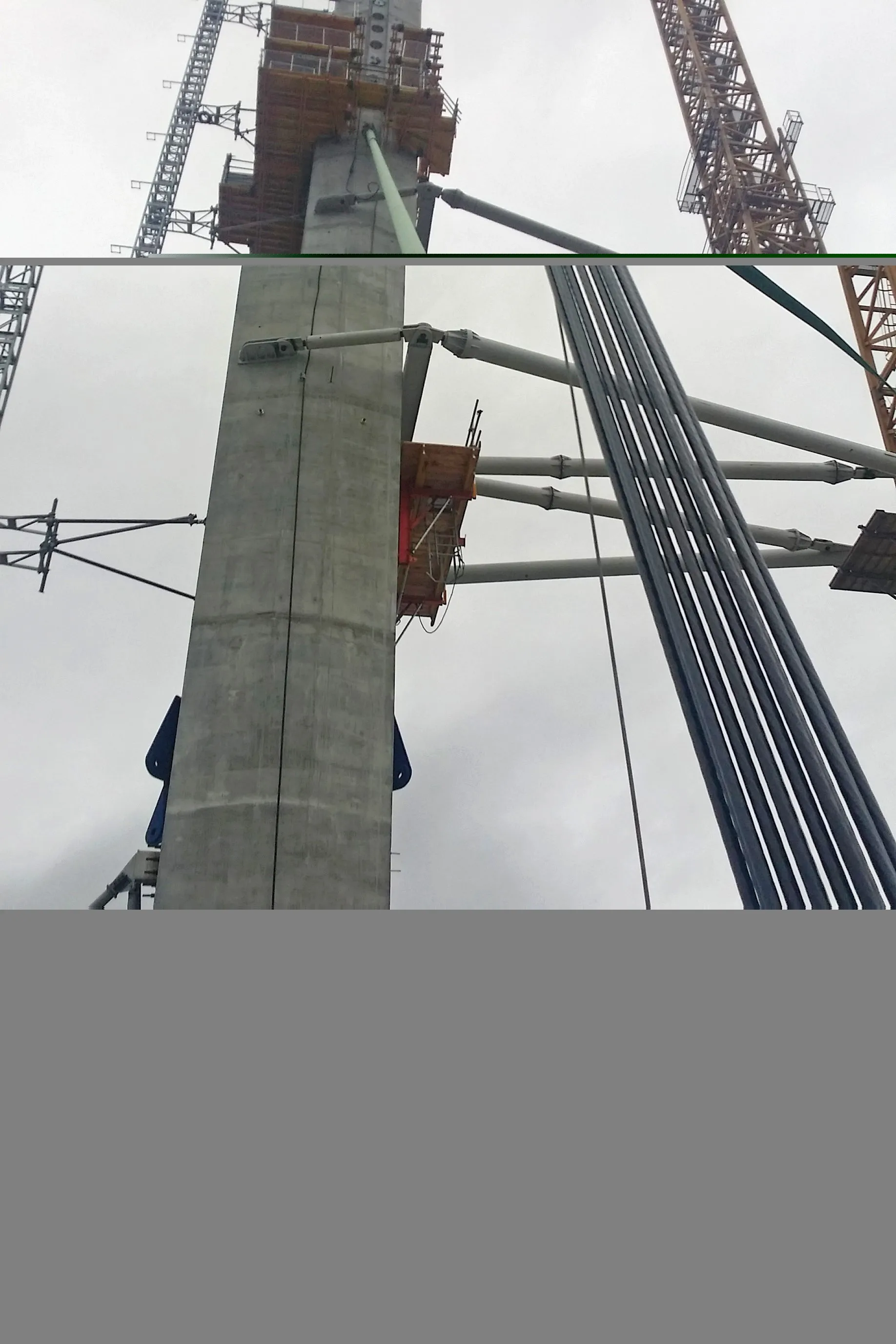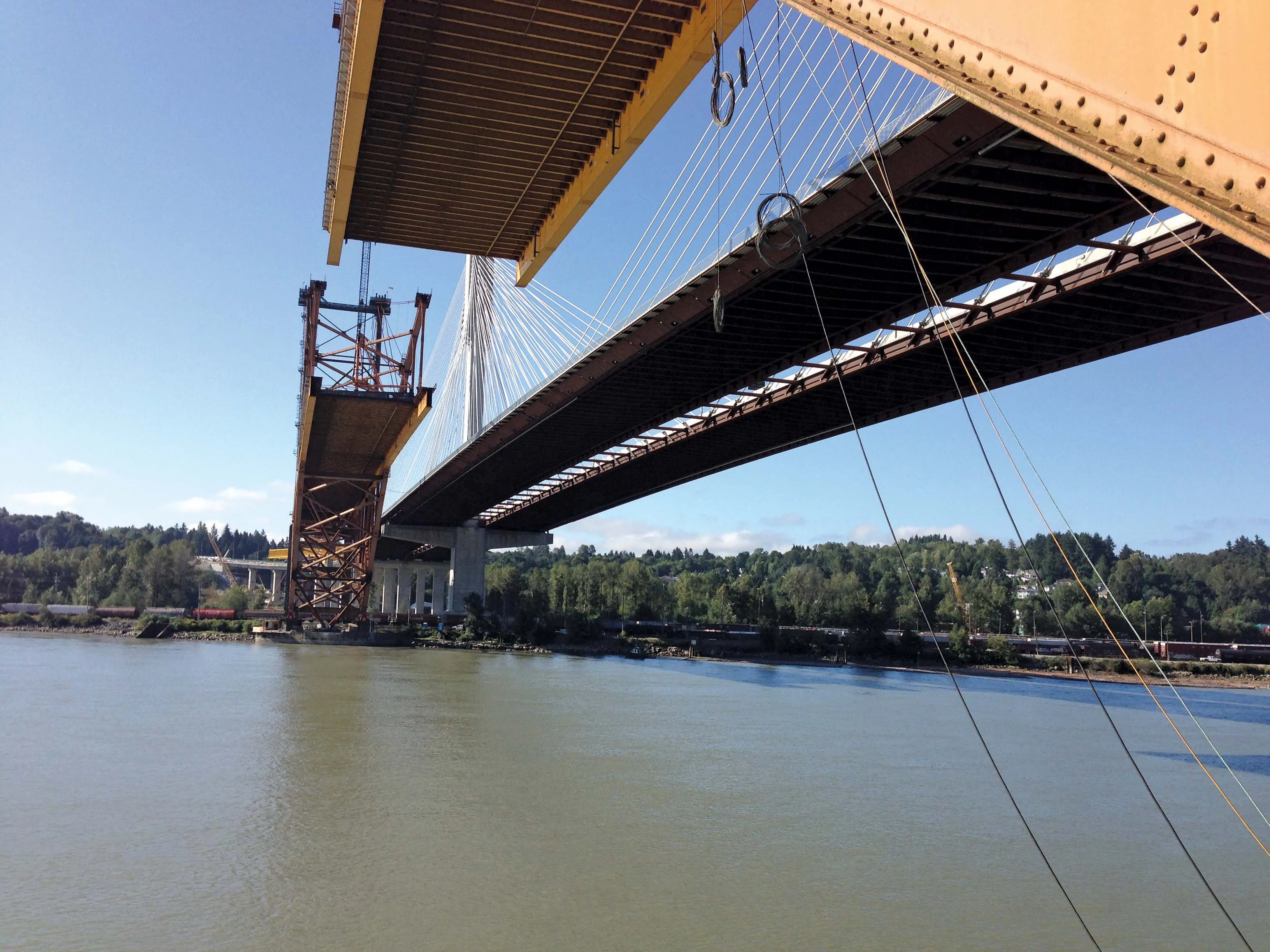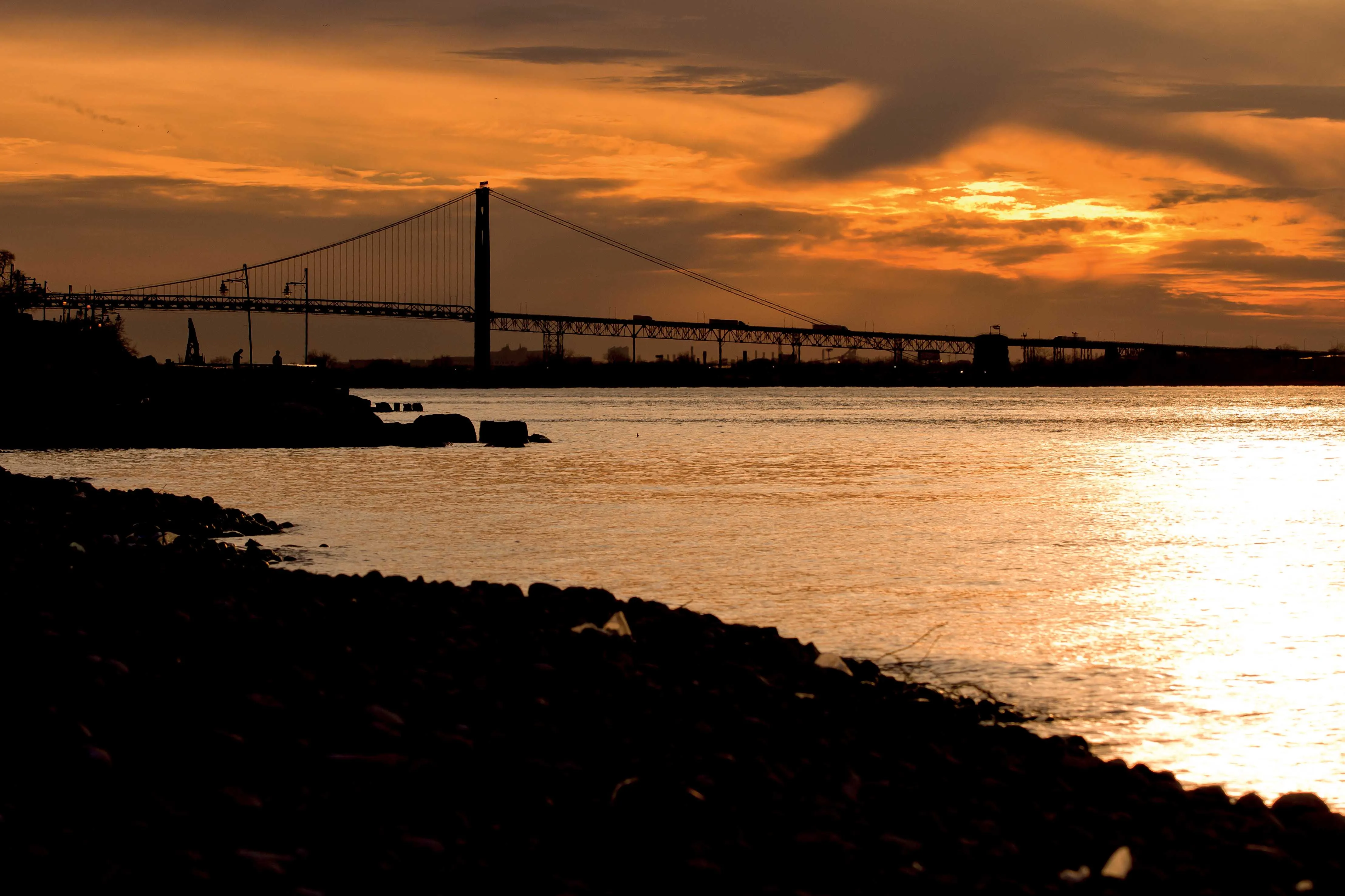Spanish environmental services, infrastructure and water group FCC has secured a €392 deal to design, build, operate and maintain the 10km Toyo Tunnel in Urabá Port, Colombia.
The Government of Antioquia awarded the project to the consortium in which Madrid-based FCC has a 40% share and a group of local business people hold 60%.
The tunnel is around 80km from Medellin, the capital of Colombia’s mountainous Antioquia province. The US$426 million contract is for 10 years, during which design and constru
November 6, 2015
Read time: 2 mins
Spanish environmental services, infrastructure and water group 4914 FCC has secured a €392 deal to design, build, operate and maintain the 10km Toyo Tunnel in Urabá Port, Colombia.
The Government of Antioquia awarded the project to the consortium in which Madrid-based FCC has a 40% share and a group of local business people hold 60%.
The tunnel is around 80km from Medellin, the capital of Colombia’s mountainous Antioquia province. The US$426 million contract is for 10 years, during which design and construction will take around seven and half years and the rest will be for operation and maintenance.
Once complete the Toyo Tunnel will be the longest of its kind in Colombia. It will substantially improve the connection between Medellín and the region of Urabá, includes over 40km of road and over 12km of tunnels. Journey time between Medellin and Urabá will be cut from the six hours to three and a half when using private vehicles.
The project, located between the municipalities of Giraldo and Cañasgordas, consists of building a new 41km two-lane road with a dual carriageway section.
Projects such as the Toyo Tunnel are part of the government’s Fourth Generation (4G) of the Road Concessions Programme.
4G involves 40 projects that will see around 8,000km of new roads with an investment of $25 billion over seven years. Luis Fernando Andrade Moreno, president of ANI, has said contracts will be let under a Public Private Partnership (PPP) approach.
The Government of Antioquia awarded the project to the consortium in which Madrid-based FCC has a 40% share and a group of local business people hold 60%.
The tunnel is around 80km from Medellin, the capital of Colombia’s mountainous Antioquia province. The US$426 million contract is for 10 years, during which design and construction will take around seven and half years and the rest will be for operation and maintenance.
Once complete the Toyo Tunnel will be the longest of its kind in Colombia. It will substantially improve the connection between Medellín and the region of Urabá, includes over 40km of road and over 12km of tunnels. Journey time between Medellin and Urabá will be cut from the six hours to three and a half when using private vehicles.
The project, located between the municipalities of Giraldo and Cañasgordas, consists of building a new 41km two-lane road with a dual carriageway section.
Projects such as the Toyo Tunnel are part of the government’s Fourth Generation (4G) of the Road Concessions Programme.
4G involves 40 projects that will see around 8,000km of new roads with an investment of $25 billion over seven years. Luis Fernando Andrade Moreno, president of ANI, has said contracts will be let under a Public Private Partnership (PPP) approach.








